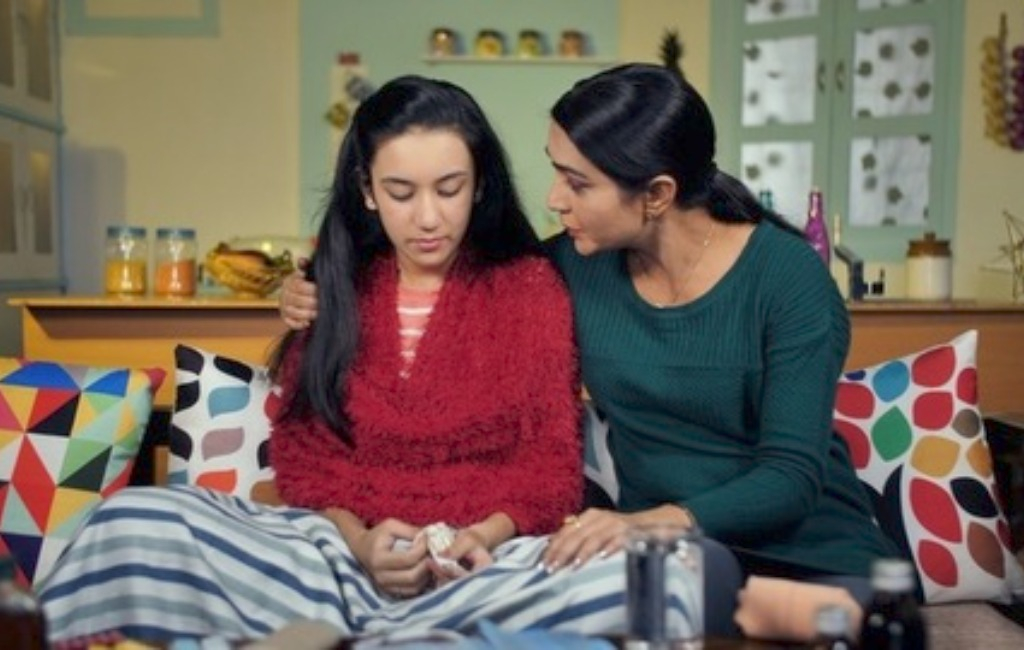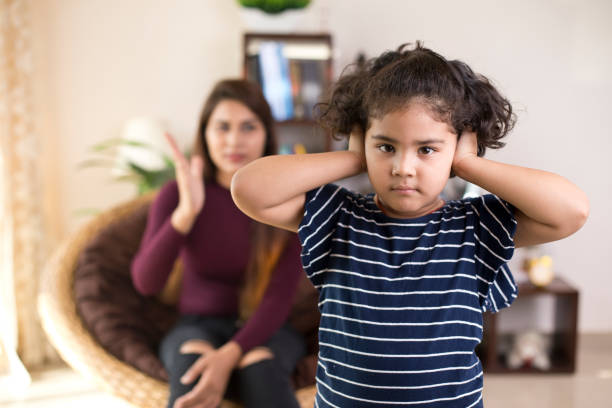Why Step Moms Are Hated In South Asia?
By Hafsa Hafeez
5 May 2023
Stepmoms, also known as "evil stepmothers," have long been a subject of disdain and hatred in South Asia. In most cases, stepmothers are viewed as evil and are blamed for the mistreatment and suffering of their stepchildren. This phenomenon is widespread throughout South Asian societies, and the reasons behind it are complex.

Read more: 7 Signs you're a helicopter mommy

The notion of stepmother hatred has been around for centuries, and it can be traced back to ancient myths and legends. In most of these stories, stepmothers are portrayed as cunning and wicked characters who mistreat and abuse their stepchildren. These stories have had a significant impact on how people perceive stepmothers, and the perception has persisted through generations.
Read more: The Idea Of A Daughter In Law In Pakistan
The stigma surrounding stepmothers is particularly pronounced in South Asian societies. This is due to several factors, including the patriarchal nature of these societies, the importance of family ties, and the cultural emphasis on motherhood.

In South Asian societies, the role of the mother is highly valued and respected. Mothers are expected to be selfless and nurturing, and their primary role is to care for their children. When a stepmother enters the picture, she is often viewed as a threat to the mother's role and is seen as someone who will not care for the children as well as their biological mother.
Furthermore, South Asian societies are highly patriarchal, and women are expected to conform to traditional gender roles. Stepmothers are often seen as challenging these gender roles, as they may not fit into the traditional mould of a mother. As a result, they are often ostracized and criticized for not conforming to societal expectations.
Another factor that contributes to the hatred of stepmothers in South Asia is the importance of family ties. In these societies, family relationships are highly valued, and the family unit is seen as the foundation of society. When a stepmother enters the family, she is often seen as an outsider who is trying to break up the family unit.

Moreover, stepmothers are often portrayed as being cruel and abusive towards their stepchildren in popular culture. This portrayal has contributed to the negative image of stepmothers in South Asian societies. The media often depicts stepmothers as wicked characters who mistreat and abuse their stepchildren, which reinforces the negative perception of stepmothers.
The hatred of stepmothers in South Asia can have serious consequences for the women who find themselves in this role. Stepmothers are often subjected to verbal and physical abuse, and they may find themselves isolated from the family and community. This can lead to feelings of loneliness, depression, and anxiety.
It is crucial to understand that not all stepmothers are wicked and abusive. In fact, many stepmothers in South Asia are loving and caring towards their stepchildren. However, the negative perception of stepmothers persists, and it can be challenging for stepmothers to overcome this perception.

One way to address the stigma surrounding stepmothers in South Asia is to raise awareness about the challenges they face. This can be done through education and media campaigns that highlight the positive contributions of stepmothers to their families and communities.
Moreover, it is essential to challenge the negative stereotypes that are perpetuated in popular culture. The media has a significant influence on how people perceive stepmothers, and it is important to ensure that stepmothers are portrayed in a positive light in movies, TV shows, and other forms of media.
In conclusion, the hatred of stepmothers in South Asia is a complex phenomenon that is rooted in cultural, social, and historical factors. The negative perception of stepmothers can have serious consequences for the women who find themselves in this role. It is crucial to raise awareness about the challenges faced by stepmothers and to challenge the negative stereotypes that are perpetuated in popular culture. By doing
You Might Also Want To Read This
Popular Posts





